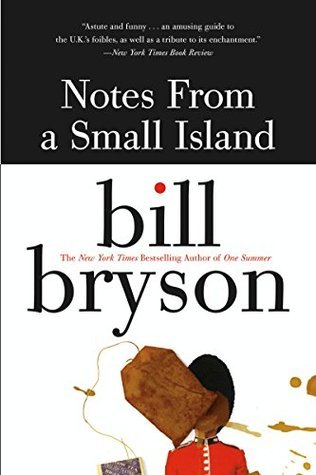 Notes from a Small Island by Bill Bryson
Notes from a Small Island by Bill Bryson Published by William Morrow Genres: Nonfiction
Pages: 338
Format: E-Book, eBook
Source: Library
Buy on Amazon, Buy on Bookshop
This post contains affiliate links you can use to purchase the book. If you buy the book using that link, I will receive a small commission from the sale.
Goodreads
After nearly two decades in Britain, Bill Bryson, the acclaimed author of such best sellers as The Mother Tongue and Made in America, decided it was time to move back to the United States for a while. This was partly to let his wife and kids experience life in Bryson's homeland, and partly because he had read that 3.7 million Americans believed that they had been abducted by aliens at one time or another. It was thus clear to him that his people needed him. But before leaving his much-loved home in North Yorkshire, Bryson insisted on taking one last trip around Britain, a sort of valedictory tour of the green and kindly island that had so long been his home. His aim was to take stock of modern-day Britain, and to analyze what he loved so much about a country that had produced Marmite, zebra crossings, and place names like Farleigh Wallop, Titsey, and Shellow Bowells. With wit and irreverence, Bill Bryson presents the ludicrous and the endearing in equal measure. The result is a social commentary that conveys the true glory of Britain.
I have a little announcement. I picked up this book because my sister and I are planning a trip to the United Kingdom and Ireland in the summer of 2024.

I thought reading a Bryson travelogue would be a lot of fun and add to the anticipation, especially as Bryson wrote it upon leaving the UK for the US (he now lives in the UK again)—I was expecting something a bit more wistful. I also thought he might travel to some of the same places on my itinerary and offer some insight.
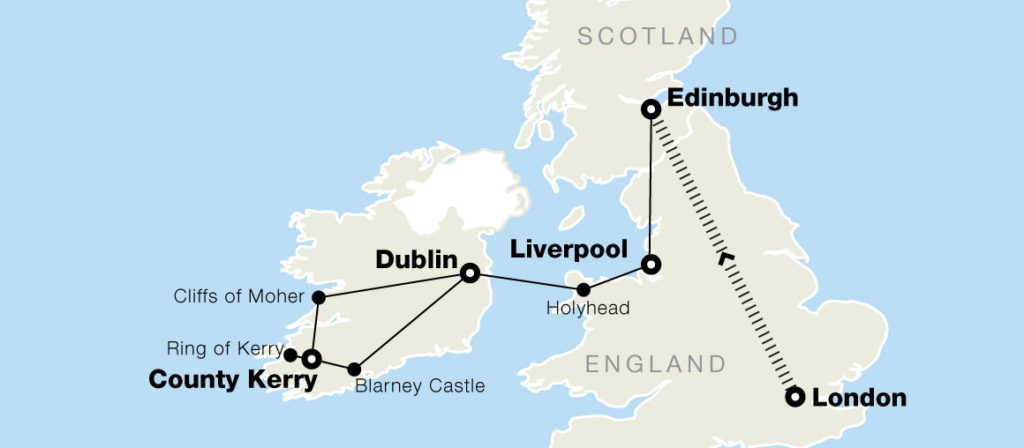
I’ll begin with about four days in London, travel by train to Edinburgh and spend a day there, then travel to Liverpool (stopping by Kendal on the way), spending an evening in the city. The next day, we’re off to Wales with a stop (and picture opportunity) in the village of Llanfairpwllgwyngyllgogerychwyrndrobwllllantysiliogogogoch. We will take a ferry to Dublin and spend several days in Ireland, including Blarney Castle, the Ring of Kerry, and the Cliffs of Moher.
Sadly, I was a bit disappointed with this book. I suppose it isn’t Bryson’s fault he didn’t write the book I wanted to read, but given the enjoyment Bryson’s other books have offered, this was a bit of a letdown. He purports to love the UK, but he spent pretty much the entire book complaining about it. It bothered me that a lot of his complaining was due to his poor planning as well—he was downright rude to a few customer service professionals as well, and that never sits right with me. I suppose one thing that bothered me was that Bryson was privileged to be able to travel across the entirety of the UK, something I have dreamed about doing for over 30 years, and he didn’t appreciate it. I liked parts of the book and even chuckled a few times (hence 3½ stars), but overall, it’s not one of Bryson’s best.
A bit of an unrelated coda: I will probably read a lot of other books in anticipation of this trip, but I’m not sure I’ll include Bryson’s sequel to this one.
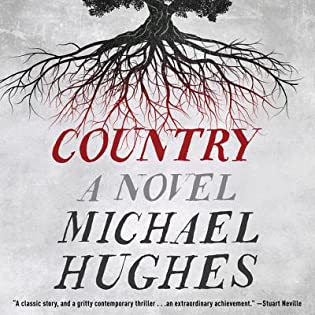 Country by
Country by 
 To The Bright Edge of the World by
To The Bright Edge of the World by 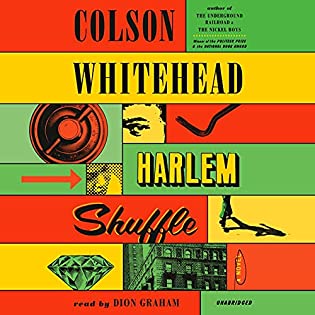 Harlem Shuffle by
Harlem Shuffle by 
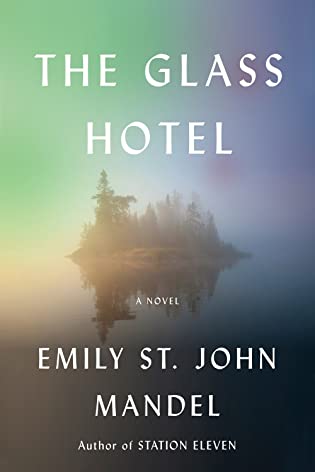 The Glass Hotel by
The Glass Hotel by 
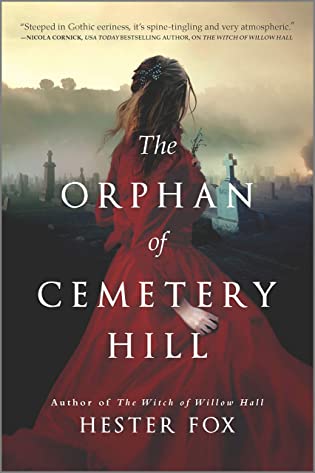 The Orphan of Cemetery Hill by
The Orphan of Cemetery Hill by  Ten Steps to Nanette by
Ten Steps to Nanette by 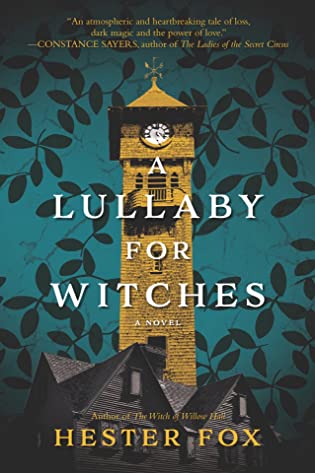 A Lullaby for Witches by
A Lullaby for Witches by 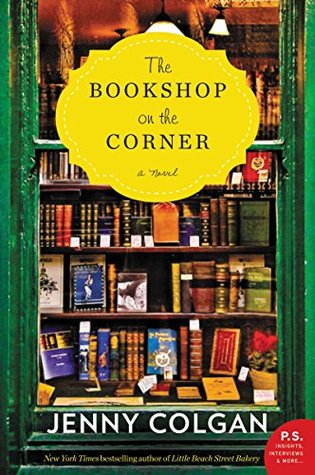 The Bookshop on the Corner by
The Bookshop on the Corner by 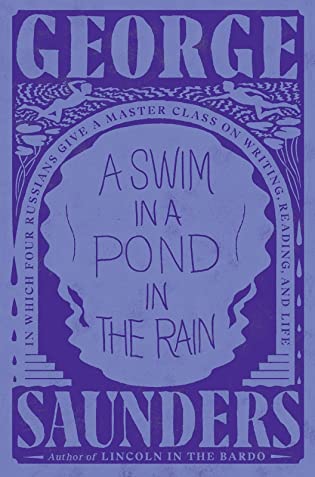 A Swim in a Pond in the Rain: In Which Four Russians Give a Master Class on Writing, Reading, and Life by
A Swim in a Pond in the Rain: In Which Four Russians Give a Master Class on Writing, Reading, and Life by 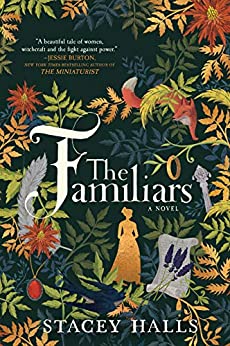 The Familiars by
The Familiars by 